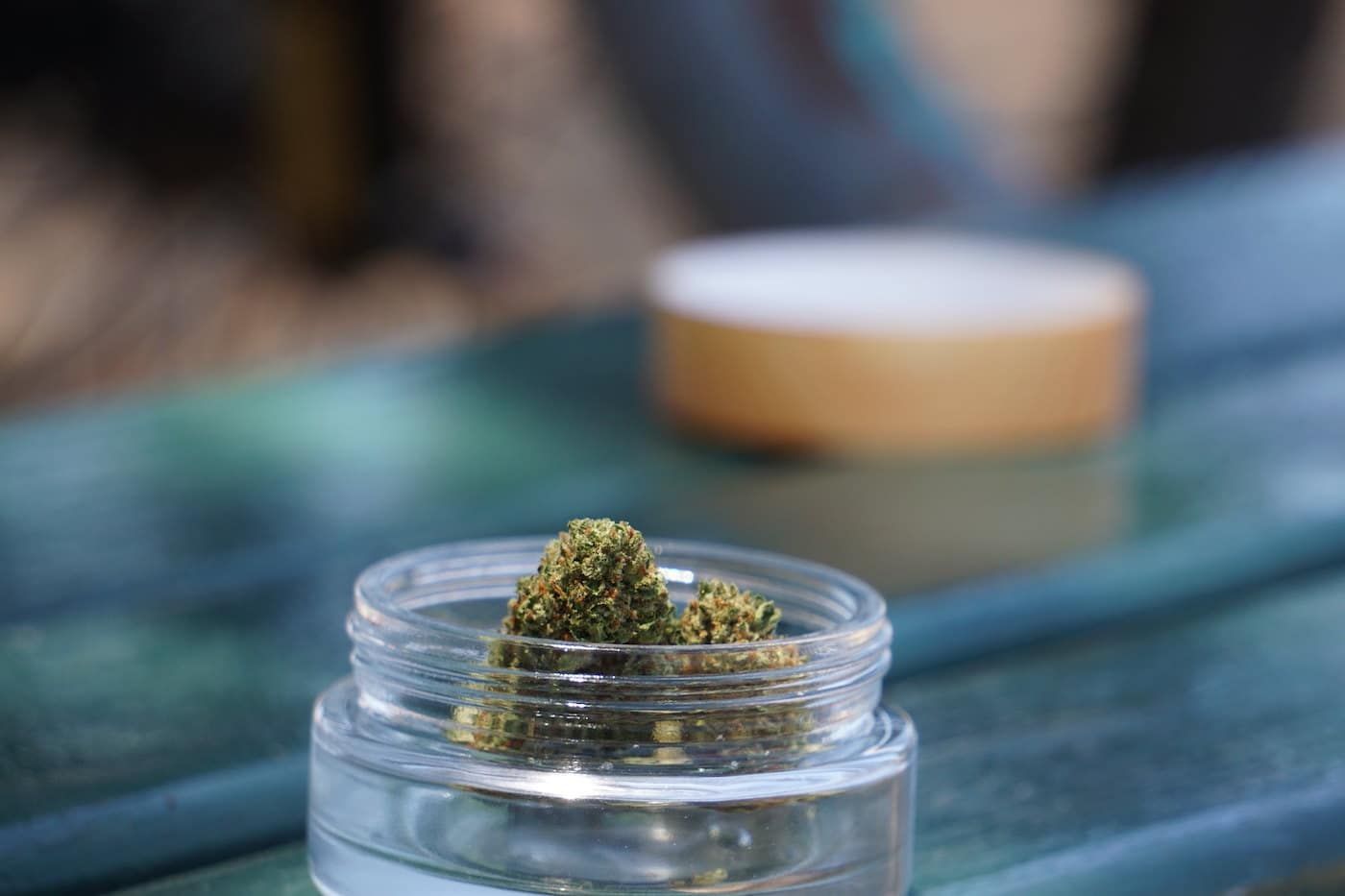A Person's Experience Transitioning To Harm Reduction Therapy
June 22, 2019 | Barry Lessin, M.Ed., CAADC
Since my transition from a traditional one-size-fits-all abstinence-based treatment approach to harm reduction psychotherapy, many clients whom I continued working with through my transition have remarked at how dramatically the harm reduction approaches have empowered them to move forward in their therapy and in their lives.
One client offered to share her experiences here to allow others to learn more about what harm reduction approaches can possibly do for them. Every effort has been made to keep her identity anonymous:
"As a person that has experienced both the rigid abstinence-only format of rehabilitation and the more flexible process of harm reduction treatment approaches, my preference is for harm reduction.
Harm reduction is most beneficial for someone such as myself who struggles with low self-esteem. I felt like a failure to begin with and having to admit that in the presence of strangers at Alcoholics Anonymous (AA) meetings was very painful. I also had an entire set of trust issues that made the AA meetings I attended difficult. That sense of failure and lack of control generated a feeling of helplessness that exacerbated my periods of depression. Helpless would lead to hopeless that spurred thoughts of finality, despair and suicide.
Harm reduction allows me to maintain a sense of dignity and personal control. The thought that I--me, who I am right now--can help myself inspires hope. Setbacks are considered a part of the process of my recovery, not failures to be counted and having to return to “Day One” as if no work had been done.
My sessions have changed with the past year and a half since I began harm reduction therapy. I found myself maturing and developing even more effective coping strategies. With the abstinence-only format I developed a fear and upset generated by any setbacks that left me closed up and ashamed. Now I can confide in my therapist my feelings and thoughts on wanting to drink prior to any actions. Then I am able to talk it through, the why, what, and the how, which lets me cope with the underlying emotions.
In addition to my substance use problem, I struggle with a chronic health issue that causes constant pain and physical setbacks and changes. I also suffer from major depression and anxiety disorder-- all of this needs to be addressed when dealing substance use and addiction issues.
My problems, although shared by many, are uniquely my own. Harm reduction allows for that instead of being one in a nameless mass. I am allowed to be me with all the glory of my imperfections and to know I help myself. I have others that care for and help me when I can’t go it alone and there is always HOPE. "




